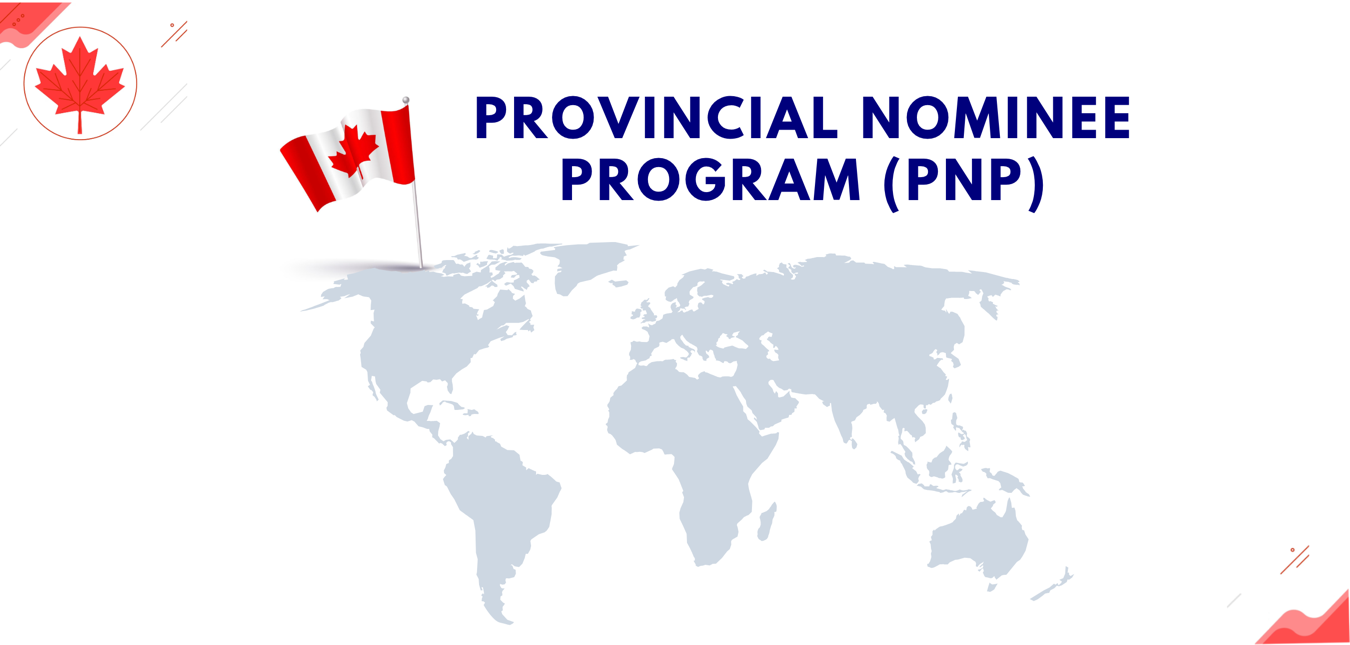
Provincial Nominee Program (PNP) allows Canadian provinces and territories to nominate individuals who wish to immigrate to Canada and who are interested in settling in a particular province. The only exceptions are the Northern Canada territory of Nunavut and Quebec. Instead, the province of Quebec has the authority to establish its own selection criteria for economic immigration.
The main purpose of the PNP is to spread the benefits of immigration across Canada. Prior to the launch of the PNP in 1998, most of Canada’s immigrants settled in Ontario, Quebec, and British Columbia. Since 1998, however, Canada has seen a broader distribution of immigration across the country since the Prairie provinces (Alberta, Saskatchewan, and Manitoba) and Atlantic provinces (New Brunswick, Nova Scotia, Prince Edward Island, and Newfoundland and Labrador) have enjoyed more success attracting immigrant’s thanks in large part to the PNP.
Each PNP has at least one immigration stream that is aligned with the federal Express Entry immigration selection system. Provincial nominations issued under these Express Entry-aligned streams are known as ‘enhanced nominations’. The benefits of enhanced PNP streams are that they award Express Entry candidates an additional 600 Comprehensive Ranking System (CRS) points, which essentially guarantee they will receive a permanent residence invitation under Express Entry. Another major benefit is they can have their permanent residence application processed by the federal government quicker, typically within six months. The other way to obtain permanent residence through the PNP is under a ‘base’ stream. Here, you apply to a PNP stream directly and once you obtain a provincial nomination, the federal government will process your permanent residence application.